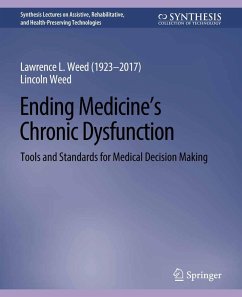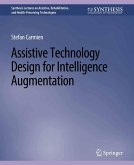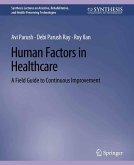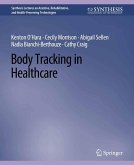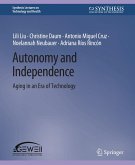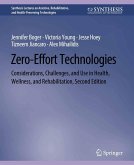This book describes an overlooked solution to a long-standing problem in health care. The problem is an informational supply chain that is unnecessarily dependent on the minds of doctors for assembling patient data and medical knowledge in clinical decision making. That supply chain function is more than the human mind can deliver. Yet, dependence on the mind is built into the traditional role of doctors, who are educated and licensed to rely heavily on personal knowledge and judgment. The culture of medicine has long been in denial of this problem, even now that health information technology is increasingly used, and even as artificial intelligence (AI) tools are emerging. AI will play an important role, but it is not a solution. The solution instead begins with traditional software techniques designed to integrate novel functionality for clinical decision support and electronic health record (EHR) tools. That functionality implements high standards of care for managing health information. This book describes that functionality in some detail. This description is intended in part to be a starting point for developers in the open source software community, who have an opportunity to begin developing an integrated, cloud-based version of the tools described, working with interested clinicians, patients, and others. The tools grew out of work beginning more than six decades ago, when this book's lead author (deceased) originated problem lists and structured notes in medical records. The electronic tools he later developed led him to reconceive education and licensure for doctors and other health professionals, which are also part of the solution this book describes.
Dieser Download kann aus rechtlichen Gründen nur mit Rechnungsadresse in A, B, BG, CY, CZ, D, DK, EW, E, FIN, F, GR, HR, H, IRL, I, LT, L, LR, M, NL, PL, P, R, S, SLO, SK ausgeliefert werden.

